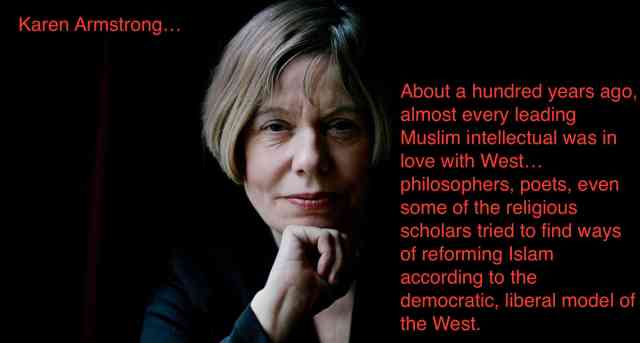A YouGov Poll conducted last year in 2020 shows that the majority of those who celebrate Christmas (and Easter) in the UK do so in an entirely secular way.
The survey results provide some useful evidence to support the view that religion does not play a significant role in British society, as this traditionally Christian and religious event seems now to have lost its religious meaning for the majority of people.
These findings are mainly relevant to the beliefs in society module, especially the secularisation debate.
Below I share some of the findings from this recent survey. NB the Survey looked at both Christmas and Easter, but i only report on XMAS below, ’tis the season, after all!
The Declining Significance of Religion at Christmas
According to YouGov’s sample of almost 2000 people, 61% of them celebrate Christmas in an entirely secular way.

And while 31% say they ‘combine the religious and secular’ at Christmas, if you look at what people actually do, only 20% of them go to Church with 10% reflecting on the meaning of the Birth of Christ, and there must be some kind of overlap between these, so some of those 30% above may say they mix the secular and religious, but at least some of them don’t actually do anything to express that religiosity!

I quite liked this alternative way of measuring ‘religious attitudes at Christmas’ – 71% pay no attention to what the Pope or Arch Bishop of Canterbury say at Christmas…..

Although this doesn’t necessarily measure people’s level of belief, because you can be religious and yet no believe in religious authorities, but this does show us low levels of interest in formal religious hierarchies.
TBH I’m surprised that 27% of the population do pay some attention, I expected that to be lower.
Finally, the perception people have is that Christmas is becoming less religious….

While it’s interesting to know what people think, remember that questions about perceptions don’t tell you what’s actually going on, just what people think is going on!
Sources/ Find out More
You can find out more about the results from this YouGov survey here.


 The two authors are (respectively) a volunteer priest and one volunteer vicar in their local parishes, and this voluntarism ticks the postmodernism box straight away – no doubt being a volunteer enables them to ‘dip into’ their religions and be involved without any of the more unpleasant commitments associated with going ‘full clergy’.
The two authors are (respectively) a volunteer priest and one volunteer vicar in their local parishes, and this voluntarism ticks the postmodernism box straight away – no doubt being a volunteer enables them to ‘dip into’ their religions and be involved without any of the more unpleasant commitments associated with going ‘full clergy’.









